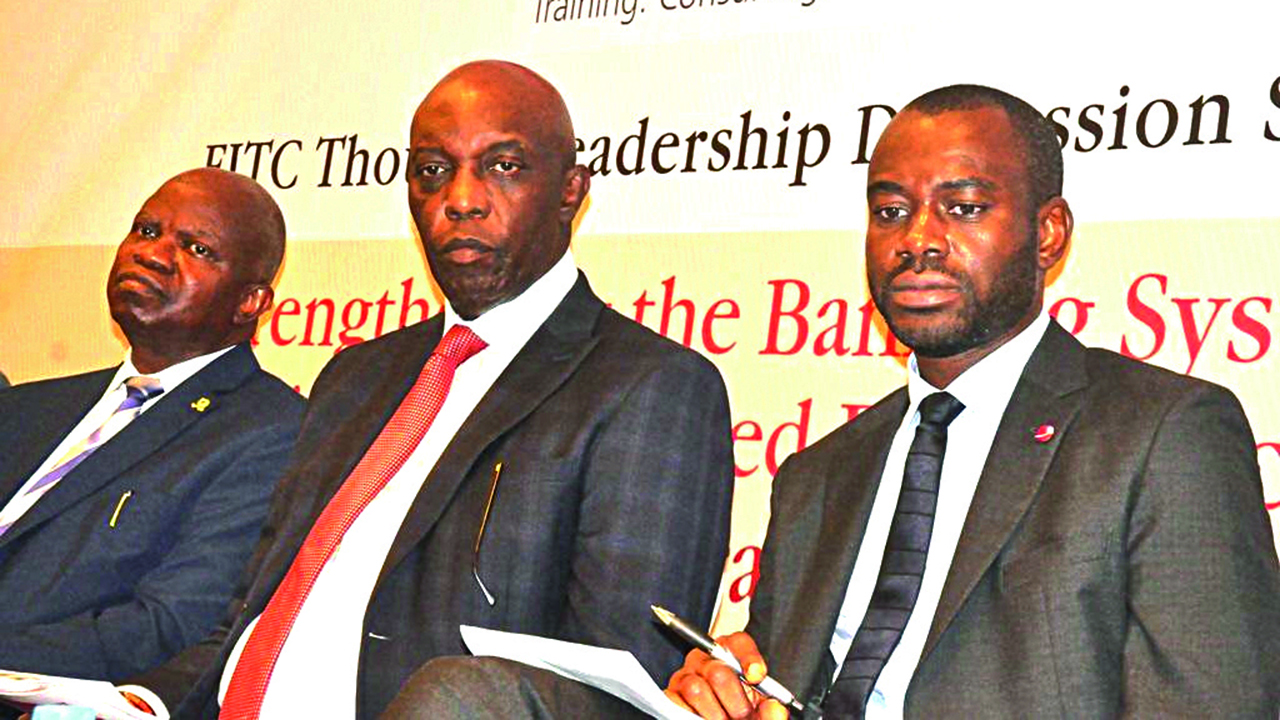
Speaking during his valedictory address in Lagos, he argued that the banking sector is exposed to various types of risks, which if not well-managed may cause problem for banks or create a material financial crisis not only in the industry, but the economy as a whole.
With the theme: “Enterprise Risk Management and Bank Performance: The Nexus,” he stated that the criteria for effective risk management are internal environment, objective setting, event identification of risks assessment, response, control activities, information/communication and monitoring.
According to him, Nigerian banks, as a matter of urgent business imperative, should review their risk management profiles and migrate fully to Enterprise Risk Management (ERM) platform where that is not yet the case.
The don said the extant risk management template should be subjected to periodic review to align with the global best practices.
“The Board and Executive Management of banks should show total commitment towards the implementation of ERM in the respective banks; more integration of ERM should be encouraged in other financial institutions that are purveyors of credit to facilitate improved performance in the industry,” he said.
Specifically, he added that regulatory bodies should ensure that banks and other financial institutions adopt ERM framework and pursue strict adherence to proper implementation and exposure, followed by necessary monitoring and supervision.
Banks, he further explained, “should engage and train all staff on the fundamentals of ERM and develop a team that encourages organizational units, management and employees to become highly involved in the implementation process of their ERM frameworks.
“Management and staff of banks/financial institutions and other stakeholders are risk management ambassadors for the institutions and should see themselves in the light,” he said.
He advised banks to continue to engage the services of experts in credit, risk management, treasury and foreign exchange management, audit and compliance, domestic and foreign operations, among others.
[ad unit=2]






